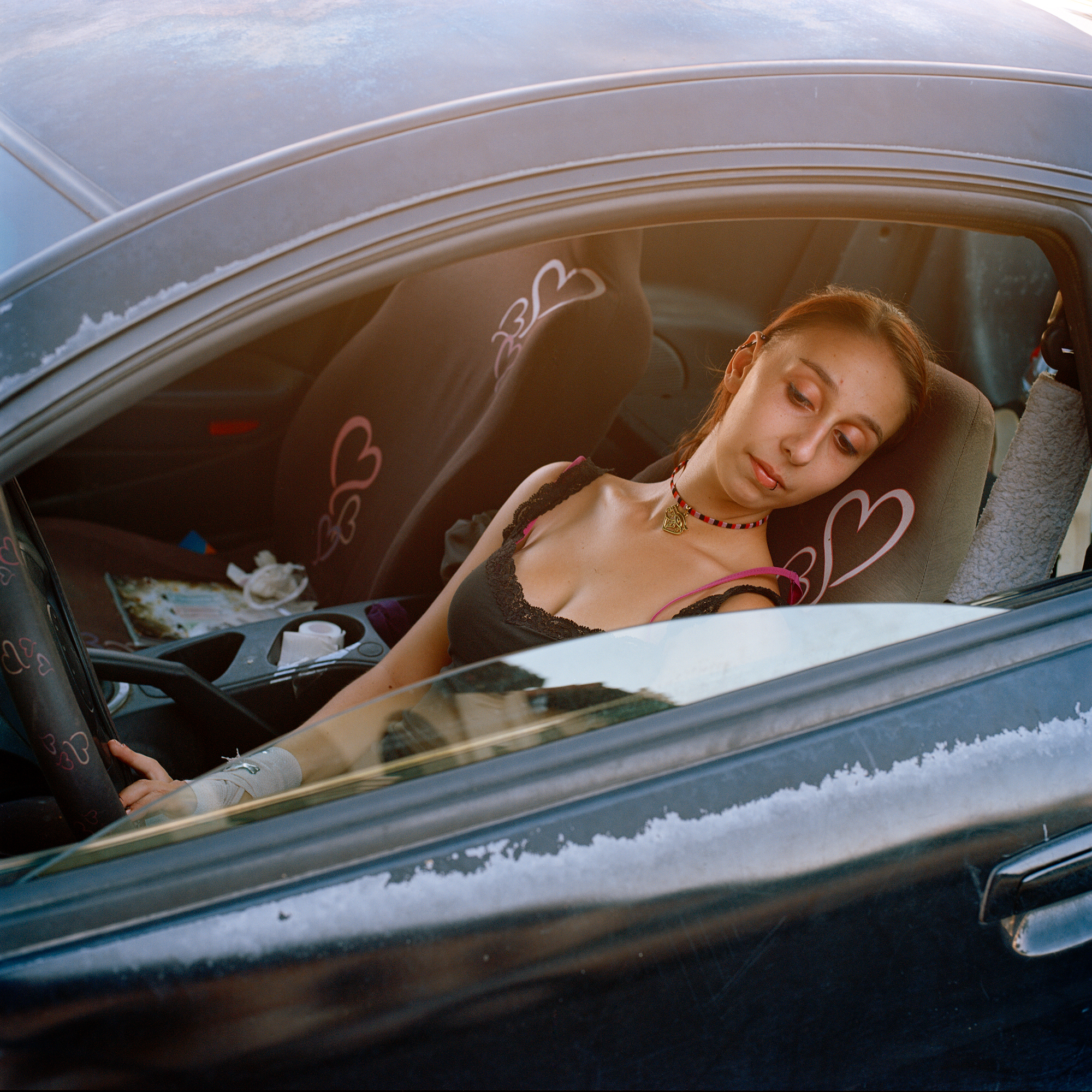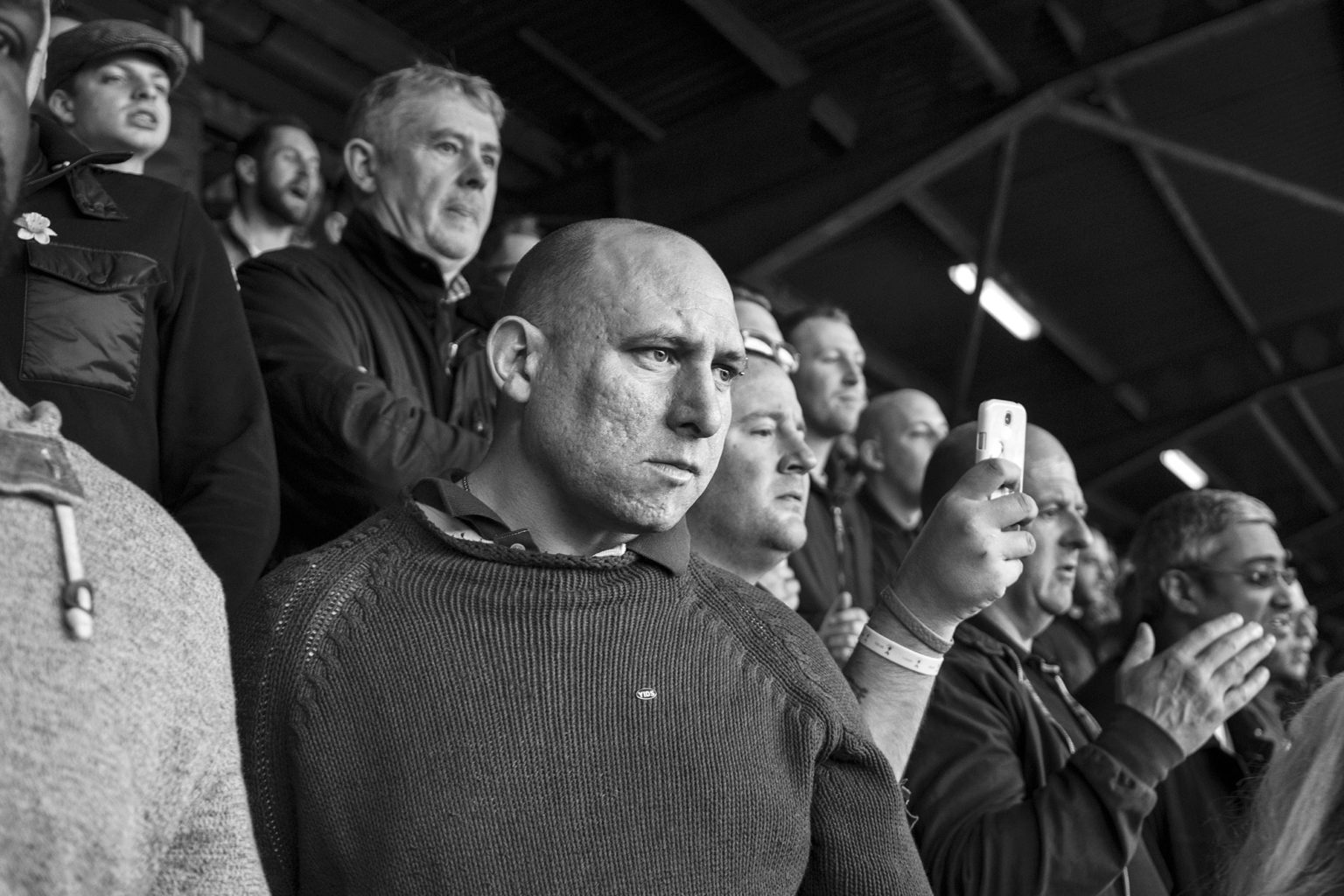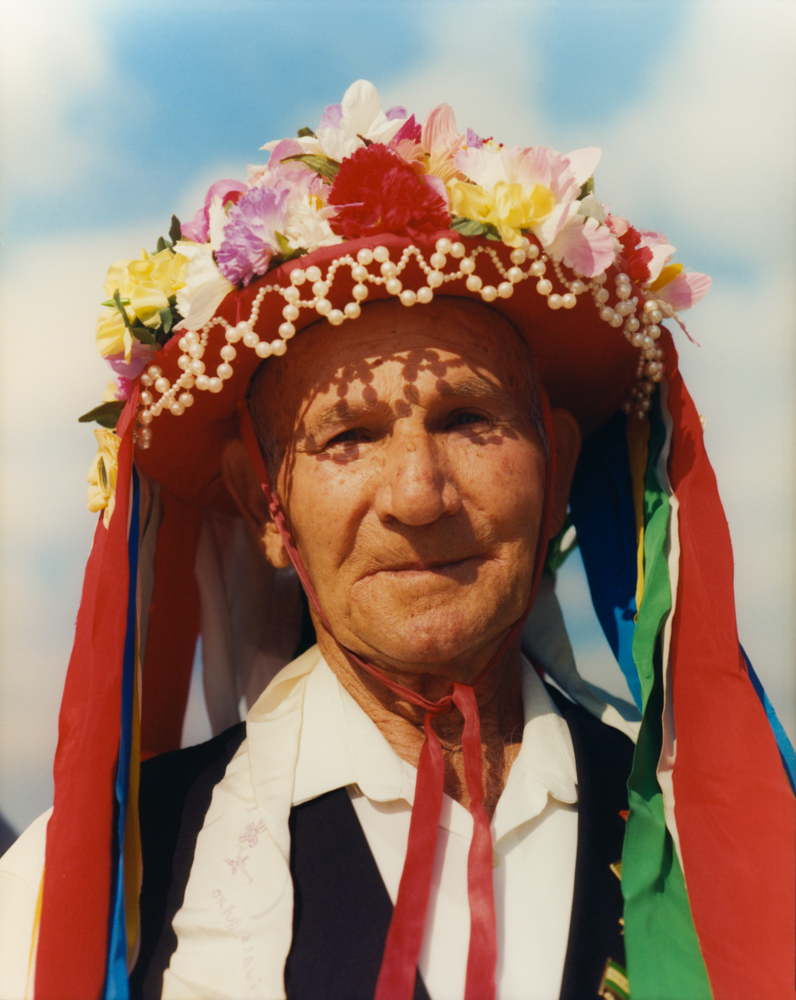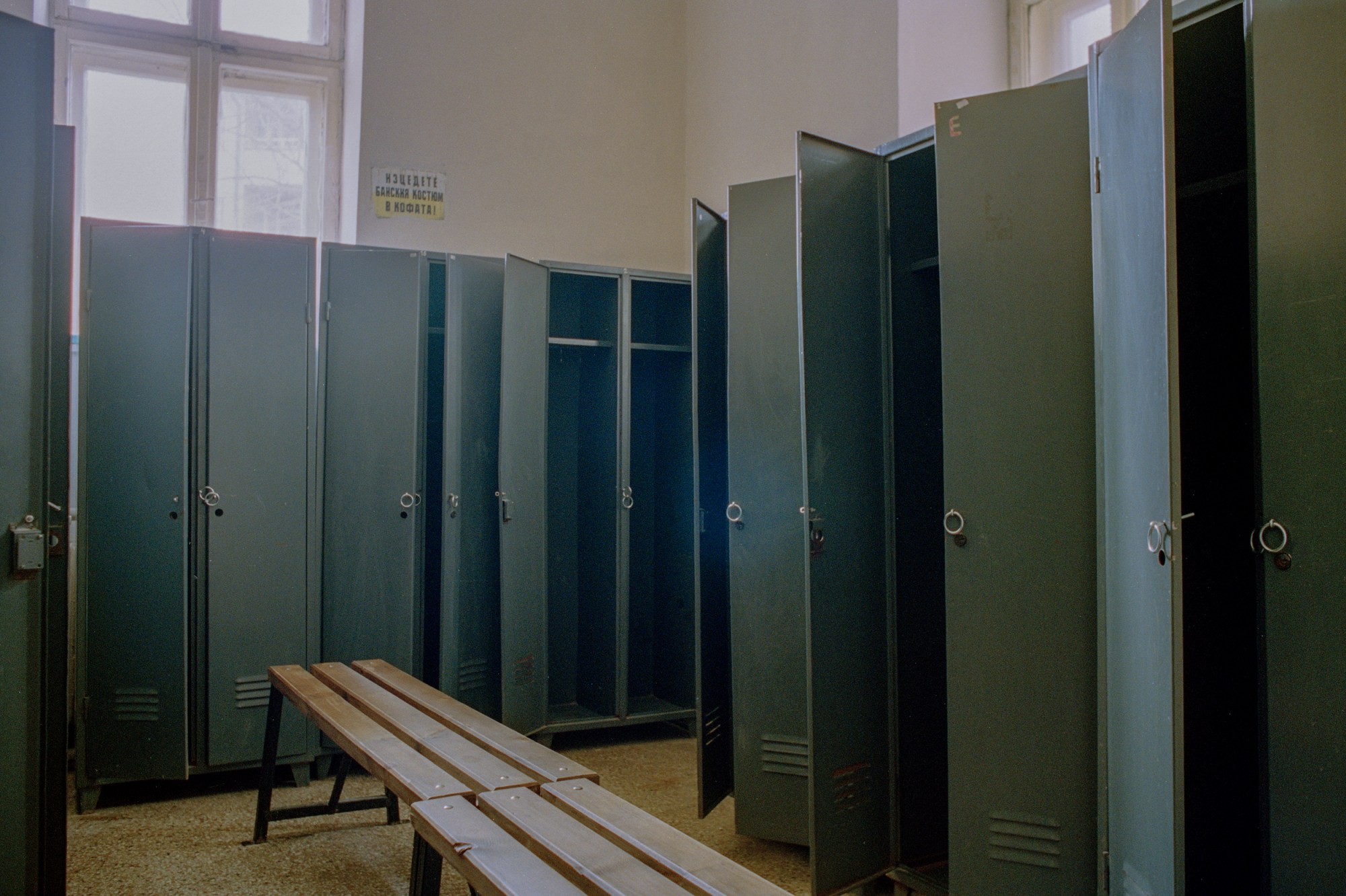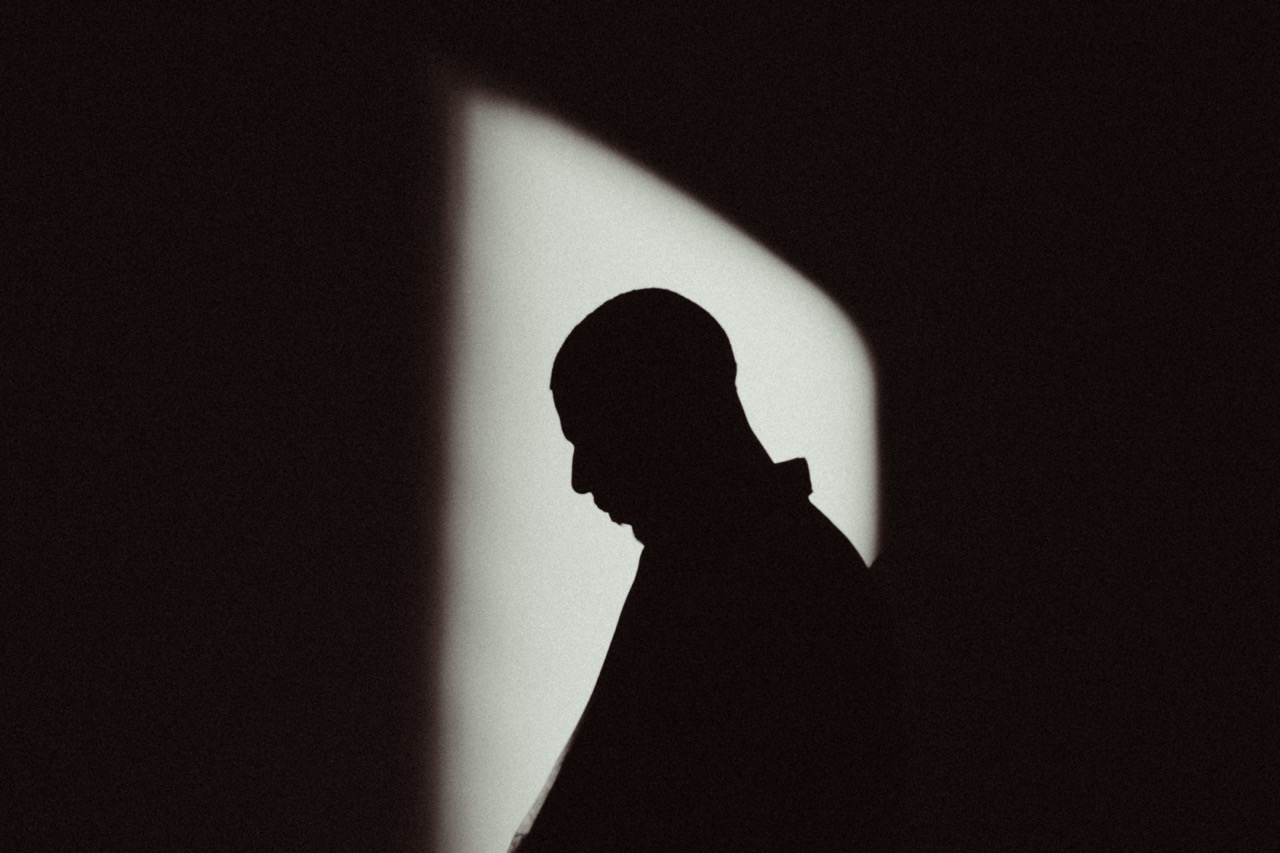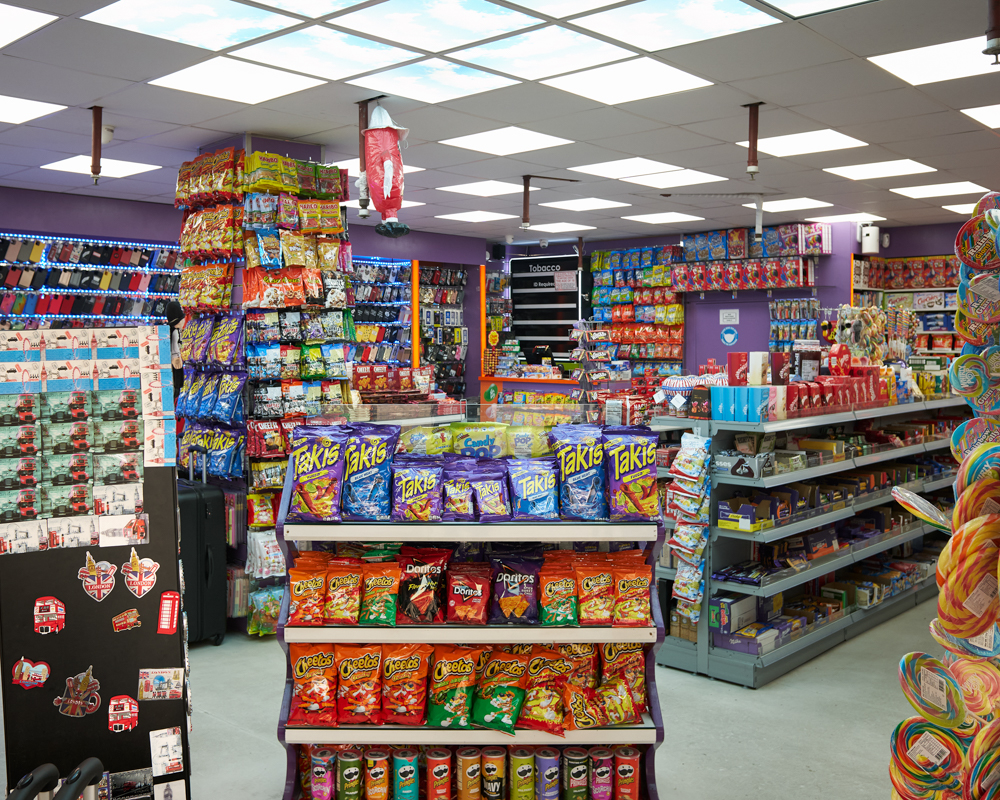Look all around you and take a deep breath, take in all your surroundings and view the world in the same way Mon Levchenkova does. Everything is silent, everything is still. From the nostalgic childhood feelings that unite the sense of play, to the rich tones that grace our eyes on the concrete block of houses, Levchenkova’s work is somewhat of a dreamscape.
As part of our online content we believe that discussing the efforts, approach and process behind the project are just as important as the story itself. In our category The Process we ask a series of questions that discuss and explore the approach taken in different aspects of creating, looking at new and old projects, we explore the stories, thoughts, meanings and process behind it all from how a project starts, exploring inspirations and reasoning behind work, to the experiences and mindset of developing a project.
JT: How do you start a project?
ML: A project is born out of either feeling the worst you've ever had or feeling the lightest you've felt in a long time. My latest and longest project about my father and his dark past has now had a branch of its own grow; my heritage and a kind of rebirth. All of this intensified tenfold just before the invasion of Ukraine. All of it brought up how my mum and family members grew up in the USSR and how Lithuanians fought for independence.
JT: What inspires the work you make?
ML: My work is informed by the experiences of loss. The loss of oneself, the loss of things you never lost, the memories that sink deeper into the back of your skull, and the ones that fizz away. It all makes for a strange, hazy, colourful tapestry in my head.
JT: Do you think creativity is innate or learned?
ML: We all have it. I know it. I just know it. Although I do think we can learn to refine it.
JT: Were you ever discouraged? If so, how did it affect your creativity?
ML: I think if an artist has not felt discouraged, they may be extremely lucky. Of course. So many times I've packed away my camera for months and especially after I graduated university. I had enough of that relationship for a while. My creativity wasn't at its 'peak' anymore in photography, but I found other creative ways to express myself. Now I have more than just making photos, and it feels more fun. I highly recommend having more than just one creative outlet.

JT: Do you ever find yourself unable to express your creativity to the fullest? What kinds of things inhibit you?
ML: Yes. A lot of things inhibit me. Big one is my mental health. Not feeling safe. Shit jobs. Loud noises. Violence. Overdue invoices! Photography itself! ME!
JT: When do you feel most inspired?
ML: Wherever I am, I know that I will have two hours before sunset that I will enjoy. It is a beautiful time. Summer is the best time for those because the days stretch lazily into one another. I like to put on Mazzy Star or listen to my dad's old records and watch the light of the sun make shapes on fabrics, smooth walls and mirrors. This is the equivalent of having your mind being wrapped in soft and luscious velvet.
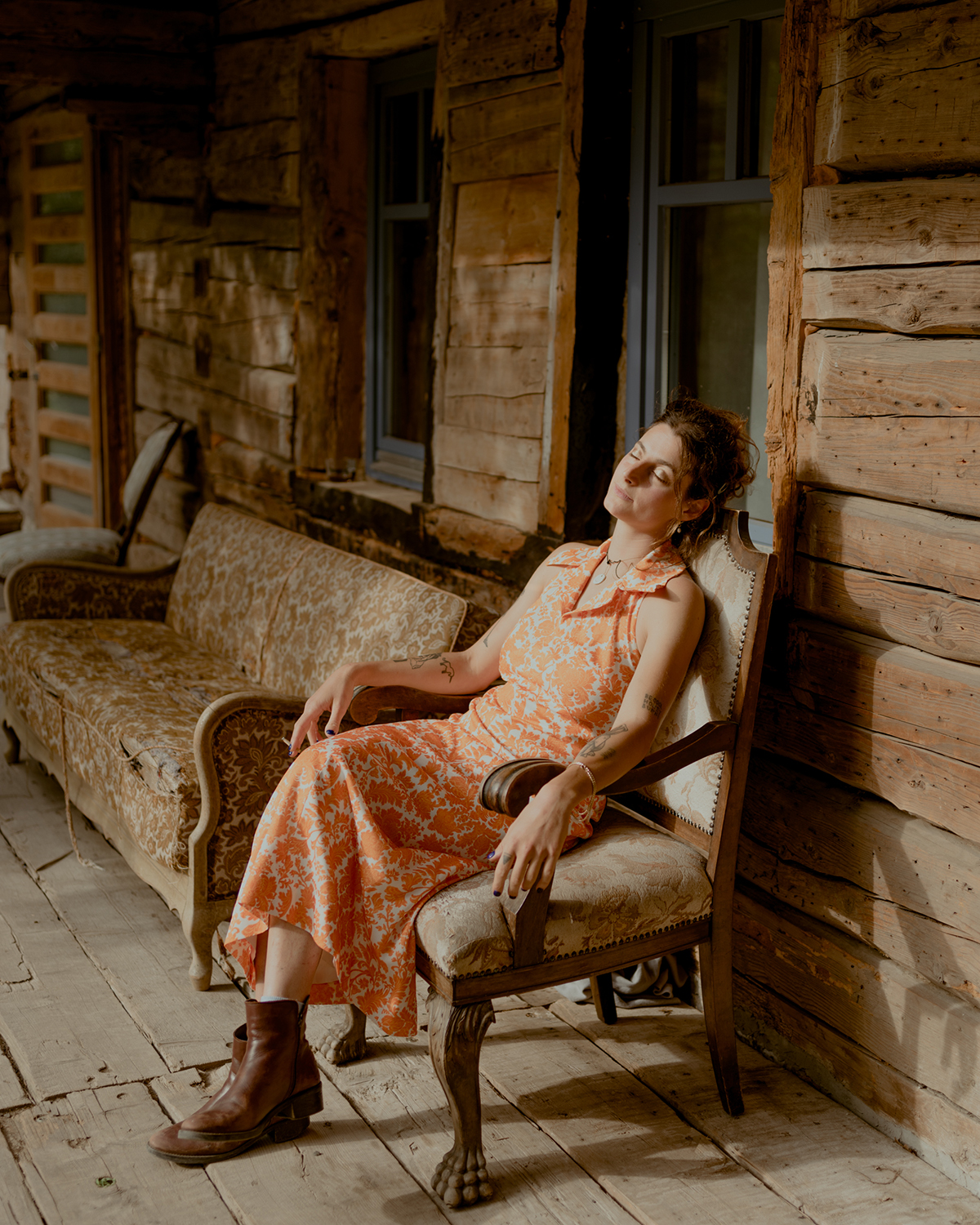
JT: What is your favourite accomplishment?
ML: For getting as far as I have.
JT: What kind of impact do you hope to achieve through your creative efforts?
ML: I want to make people smile because they've seen it before with their own eyes. I want people to cry because they're overwhelmed by the colours and the stories they make in their heads when they look at an image I took. I want people to have fun, to care and to enjoy. I want my eye to be in your memory.


